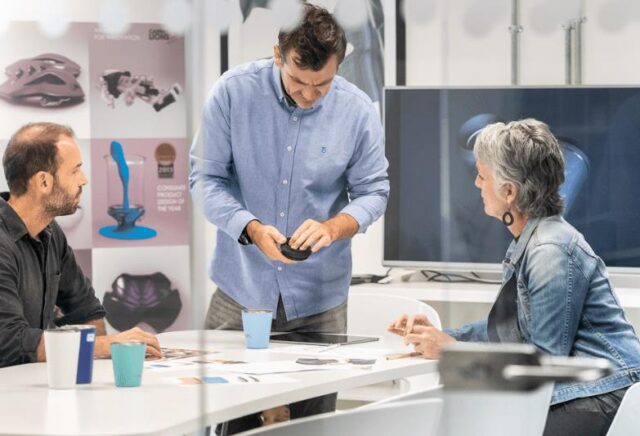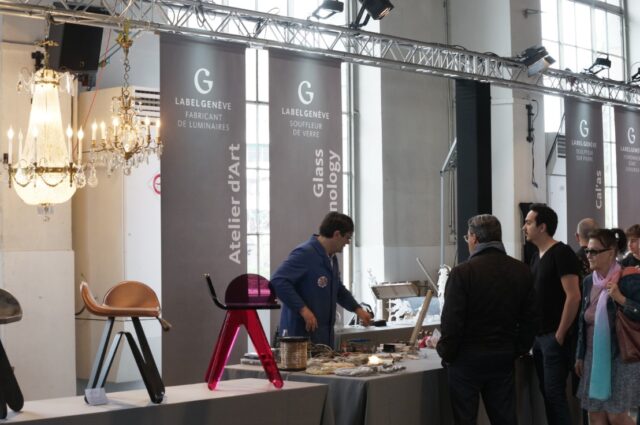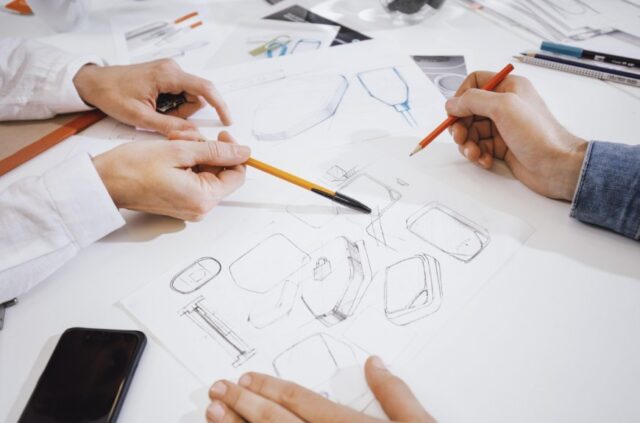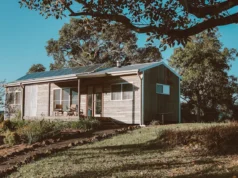
Choosing the right professional product designer is a crucial step in bringing your product ideas to life. In the vibrant city of Sydney, Australia, where innovation and creativity thrive, there is no shortage of talented designers.
However, finding the perfect fit for your specific project can be a daunting task. In this article, we will provide you with a comprehensive guide on how to discover professional product designers in Sydney.
From defining your design requirements to evaluating portfolios and conducting interviews, we will explore the essential factors to consider to ensure a successful partnership with the right designer for your project.
1. Define Your Design Requirements
Before embarking on your search for a professional product designer in Sydney, it is essential to have a clear understanding of your design requirements.
Consider factors such as the purpose and functionality of your product, your target market, desired aesthetics, and any specific technical considerations.
Having a well-defined design brief will help you communicate your vision effectively and ensure that you find a designer who aligns with your goals.
2. Research and Referrals

Start your search by conducting thorough research on professional product designers in Sydney. Explore their websites, portfolios, and social media profiles to get a sense of their style, expertise, and past projects.
Additionally, seek recommendations from colleagues, industry contacts, or local design associations. Referrals from trusted sources can provide valuable insights and lead you to reputable designers who have a proven track record.
3. Portfolio Evaluation
Carefully review the portfolios of the product designers you are considering. Look for examples of projects that align with your industry, product type, or design style. Assess the quality of their work, attention to detail, and ability to bring innovative ideas to life.
Pay attention to the diversity and creativity of their portfolio, as this reflects their ability to tackle unique design challenges.
4. Expertise and Specialization
Consider the expertise and specialization of the designers you are evaluating. Look for professionals who have experience in your specific product category or industry. They will have a deeper understanding of industry trends, user preferences, and technical requirements, enabling them to deliver more tailored and effective design solutions. Specialized expertise can also provide valuable insights and improve the overall design process.
5. Design Process and Collaboration

Evaluate the designer’s design process and approach to collaboration. Consider their ability to engage in effective communication, listen to your ideas, and incorporate your feedback.
A successful partnership requires open and transparent communication, so ensure that the designer is receptive to your input and willing to work collaboratively throughout the project’s lifecycle.
6. Client Testimonials and Reviews
Seek out client testimonials and reviews about the designers you are considering. Feedback from previous clients can provide valuable insights into their professionalism, work ethic, and ability to meet project deadlines.
Look for testimonials that highlight the designer’s ability to deliver on their promises, provide exceptional customer service, and exceed expectations.
7. Budget and Project Scope
Discuss the budget and project scope with the designers you are interested in working with. Transparency about your budget constraints and project requirements will help you determine if their services align with your financial resources.
Be wary of designers who offer significantly lower rates, as this may indicate a lack of experience or compromised quality. Remember that investing in professional design expertise can yield significant returns in terms of product success and market acceptance.
8. Interview and Personal Connection

Once you have narrowed down your options, schedule interviews with the shortlisted designers. This will allow you to gauge their professionalism, enthusiasm, and understanding of your project.
Pay attention to their ability to ask insightful questions and provide thoughtful responses. A personal connection and a sense of shared vision are vital for a fruitful collaboration, so trust your instincts when assessing their compatibility with your project.







